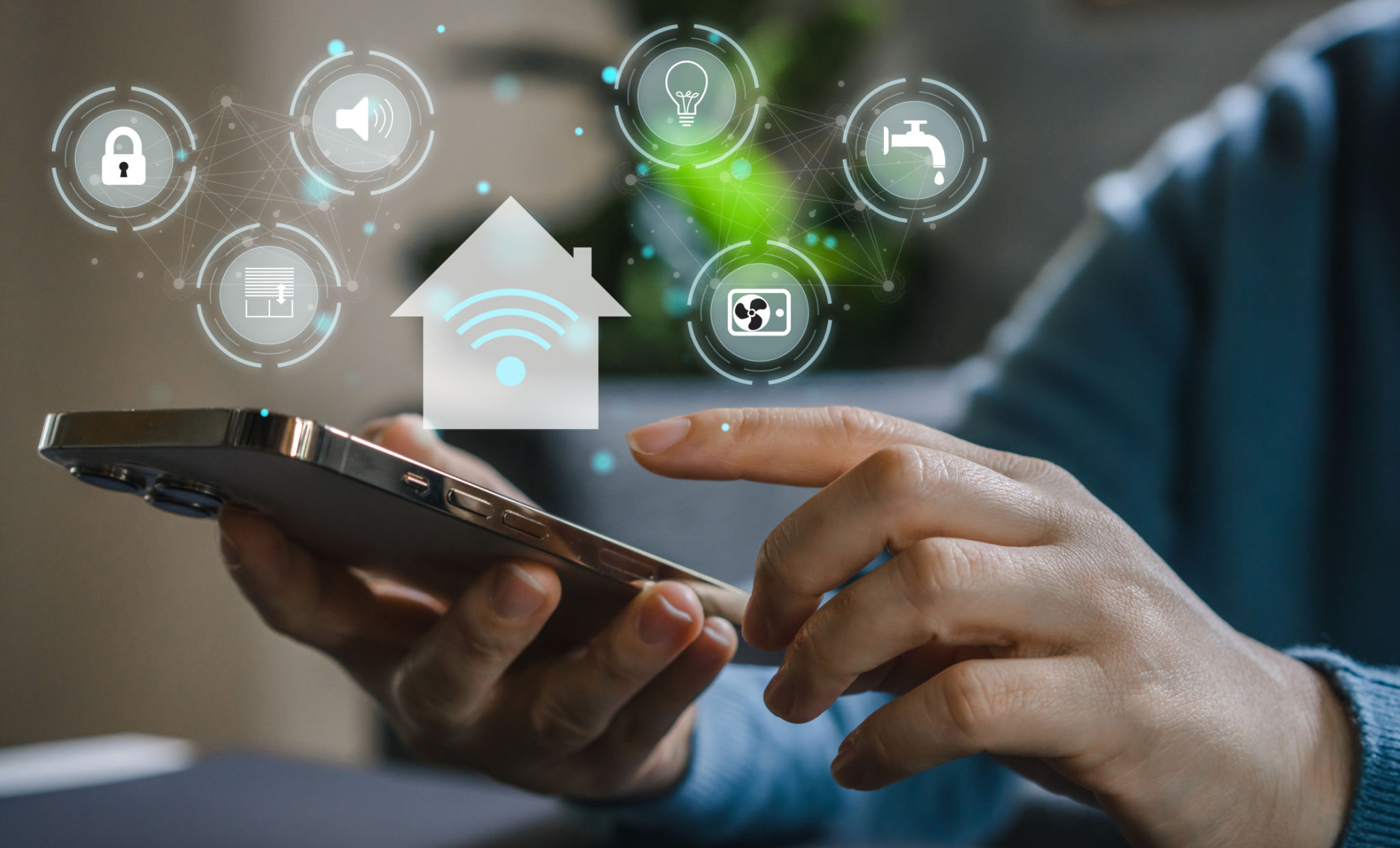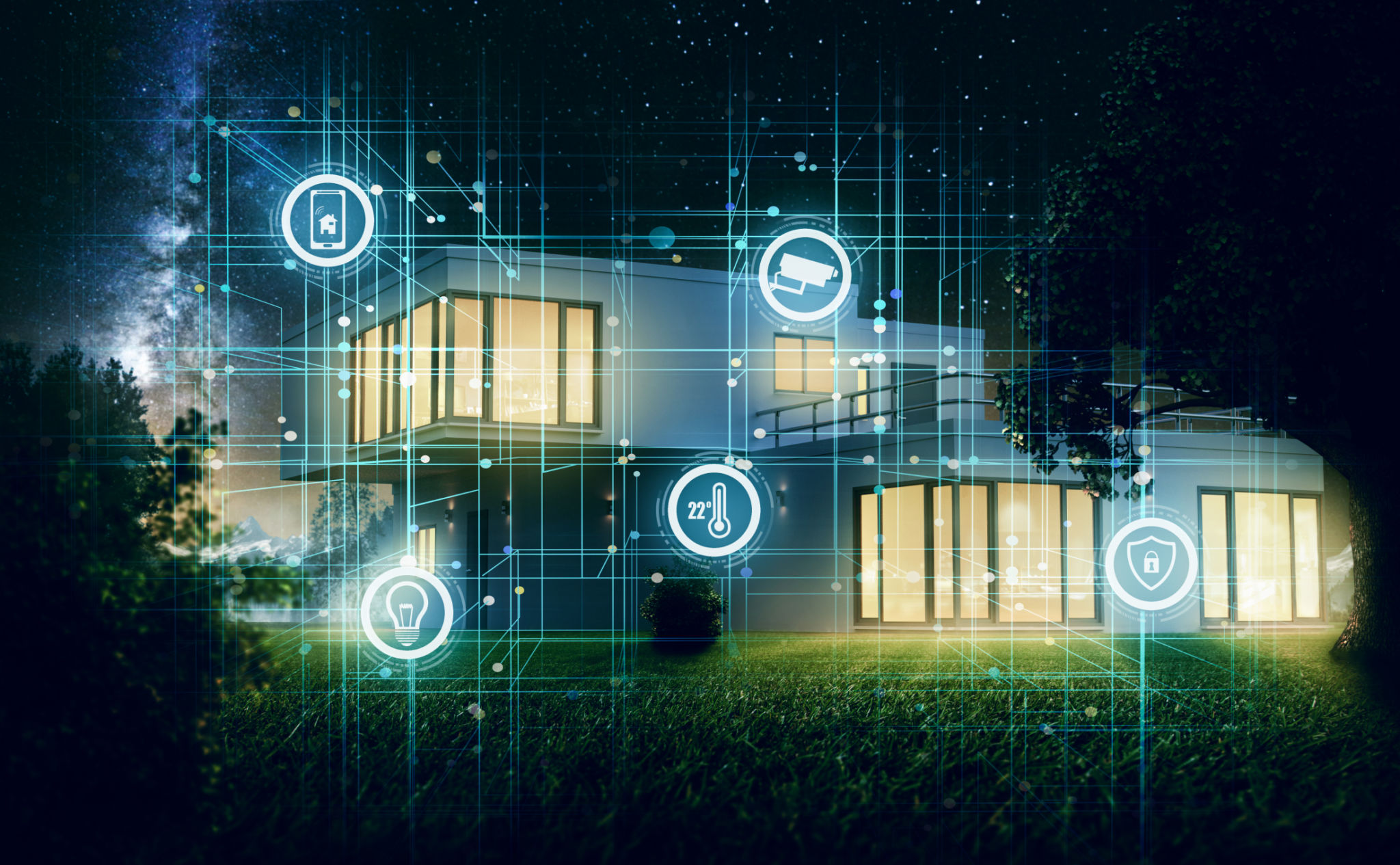A Comprehensive Guide to Project Management for Green Smart Homes
Introduction to Green Smart Homes
The concept of green smart homes has gained significant traction in recent years. These homes leverage technology to enhance energy efficiency, reduce environmental impact, and provide a more comfortable living experience. Project management plays a crucial role in the successful implementation of these innovative systems.

Understanding the Basics of Project Management
Project management involves planning, executing, and overseeing a project to achieve specific goals within a set timeframe. In the context of green smart homes, effective project management ensures that all components work harmoniously to create a sustainable and efficient living environment.
Key Components of Project Management
Effective project management in green smart homes focuses on several key components:
- Scope: Defining the project's objectives and deliverables.
- Time: Establishing a timeline for project completion.
- Cost: Budgeting and managing expenses.
- Quality: Ensuring the project meets required standards.
Designing a Green Smart Home
The design phase is critical in creating a green smart home. It involves selecting the right technologies and materials that align with sustainability goals. Incorporating smart thermostats, energy-efficient lighting, and solar panels are some examples of how design choices can impact energy efficiency.

Incorporating Sustainable Materials
Choosing sustainable materials not only contributes to environmental conservation but also enhances the home's overall efficiency. Materials such as bamboo flooring, recycled metal roofing, and low-VOC paints are popular choices in green smart home projects.
Implementation and Execution
Once the design is finalized, the implementation phase begins. This involves coordinating with various stakeholders, including contractors, suppliers, and technology providers, to ensure that every component is installed correctly and functions as intended.
Utilizing Technology for Efficiency
Technology plays a pivotal role in executing green smart home projects. Automated systems that monitor energy consumption, smart meters, and intelligent security systems are integral to maintaining a home's efficiency and sustainability.

Monitoring and Maintenance
After the project is completed, continuous monitoring and maintenance are essential to ensure that all systems operate efficiently. Regular updates and checks on the smart home systems can prevent issues and enhance performance over time.
Future Trends in Green Smart Homes
The future of green smart homes looks promising with advancements in artificial intelligence, IoT, and renewable energy technologies. As these technologies evolve, they will offer even greater opportunities for enhancing sustainability and comfort in residential living.
Conclusion
Project management is the backbone of successfully integrating green technologies into smart homes. By focusing on key project management principles and embracing cutting-edge innovations, homeowners can create sustainable living spaces that not only benefit the environment but also offer enhanced comfort and convenience.

